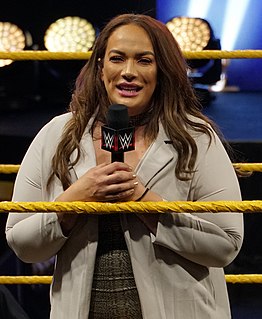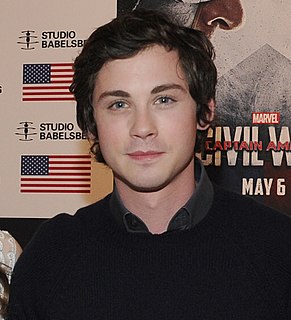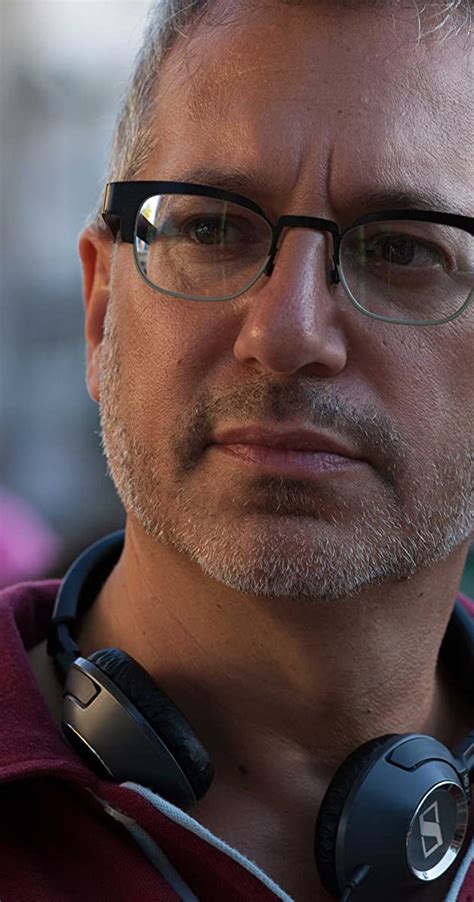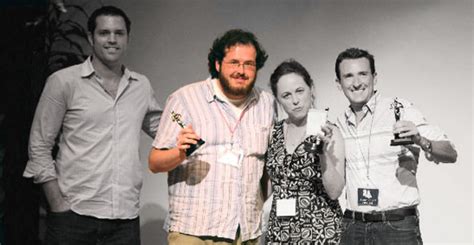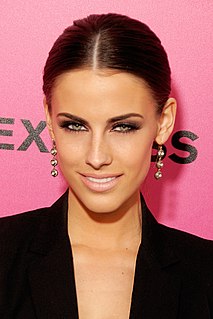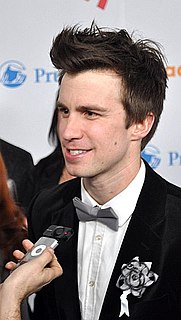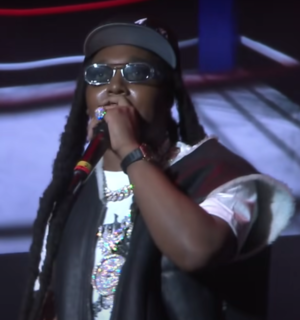A Quote by Jay Chandrasekhar
It takes a year for us to generate a script that is ready to shoot. There are maybe 20 drafts of a script. And, each time, someone saying 'I don't really love this,' we discuss it for 15 minutes.
Related Quotes
All directors make films in individual ways. But the classical kind of view of filmmaking is that you have a script, and it's very linear. There's a script, then you're going to shoot the script ,and then you cut that, and then that's the end of the film. And that's never really been how I've seen it.
After 'Divergent,' I got a job rewriting a sci-fi script at Paramount. I think they really liked what I did, so I got a call saying, 'We're about to shoot 'Ninja Turtles' in three or four months; do you wanna come in and do a little work on the script?' That was the beginning of a many-month 'Ninja Turtle' odyssey.
I was really proud to be in that show. I will never forget. I got the script to 'Millie,' and I'm flipping through the script and saying, 'Boy, I have some lines... I have a big song.' I was 25 years old and had never been on Broadway before. I got to the end of the script, and I was really nervous and excited. I realized I had a lot to do.

